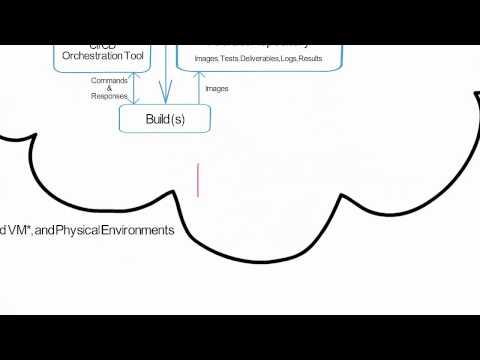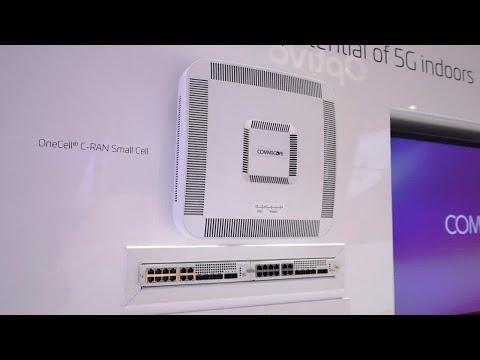DevOps NFV KPIs Defined By Nexius And UT Dallas
Description
Research Paper: Organizational Collaboration (DevOps) and New KPIs for NFV Success
A DevOps structure coupled new Network Functions Virtualization (NFV) KPIs were central themes in a research report released by Nexius, a leading end-to-end network services and business intelligence solutions company,
The research paper, "Organizational Collaboration and New KPIs for NFV Success," was published in conjunction with University of Texas at Dallas researchers, describes the importance a unified development and operations (DevOps) structure and new KPIs, that when combined will increase success of NFV deployments.
DevOps is the combination of software development best practices with network operations. Historically, changes in network operations unfolded over decades; whereas changes in IT software environments is much more nimble. Combining development with operations (DevOps) will allow network changes to occur without risking security, reliability and performance.
"There are strong business motivators for operators to move from their current hardware-dependent architectures to NFV," said Mike Bonewitz, Vice President, Cloud and Fiber Strategies, Nexius. "But this shift brings uncertainty and risk to network stability and quality of service. Our research identifies a way forward to reduce the risks and realize the benefits."
In "Organizational Collaboration and New KPIs for NFV Success," Nexius and UT Dallas researchers point to the importance of development and operations teams working closely together. In an NFV environment, developers are continually delivering new services and functionality by implementing Virtual Network Functions (VNFs). Operations is challenged to accommodate these changes while preserving the stability of the network. By closely collaborating in a DevOps structure, these two previously disparate groups operate in a synchronized way.
As NFV moves from academic discussions to real deployments, the DevOps structure coupled with measurable KPIs are critically important.
Nexius and UT Dallas looked at traditional telco methods for designing and managing networks and then applied new modern IT technologies in the creation of recommended best practices to help operators migrate to virtualized environments.
Specific risks of NFV transition include:
- Degree of change - Moving from a static network structure that rarely changes to a highly dynamic environment based on agility based elements coming into network in weekly intervals versus yearly.
- Software development expertise required - Historically, the practice of software development has not been part of network operations. As such, new software developer skills and IT best practices need to be incorporated into the traditional network operations process.
Recommended KPIs broken down into two areas as follows:
- How NFV migration impacts traditional FCAPS metrics (fault-management, configuration, accounting, performance, and security)
- How to introduce "Agile" methods into network operations to allow network functions to change quickly using customer and network facing APIs.
























